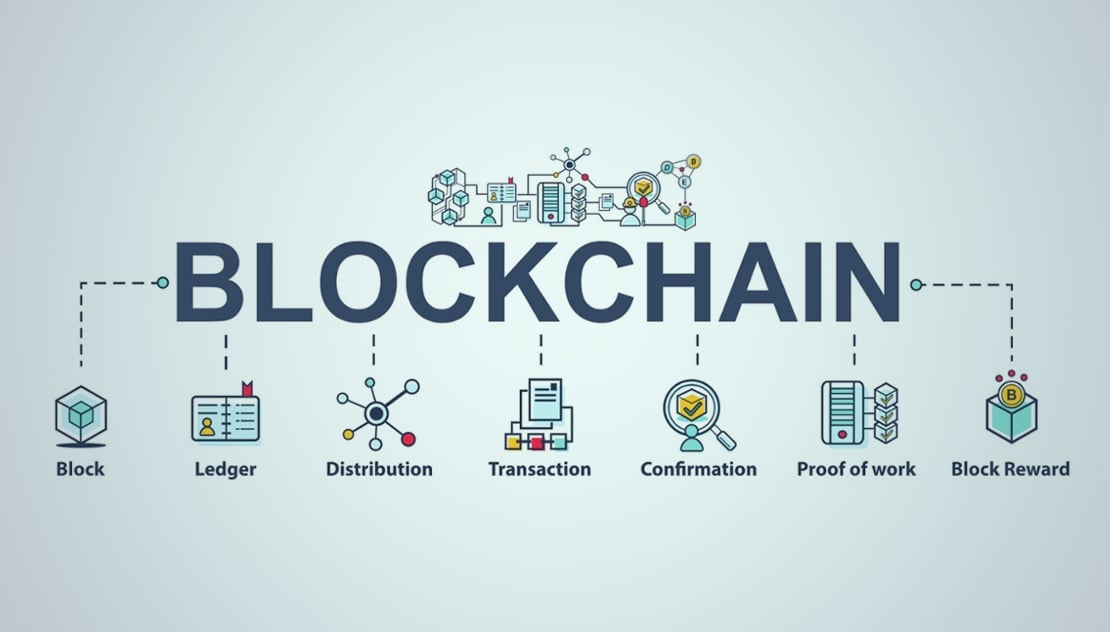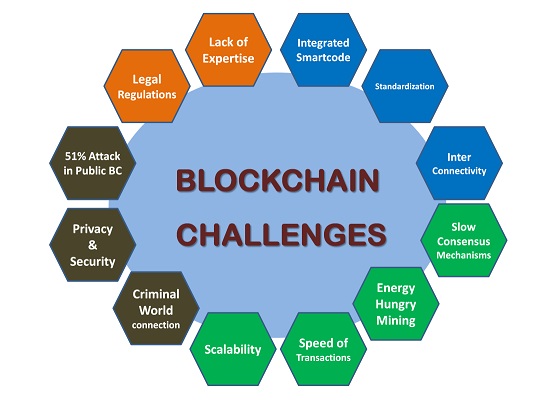Blockchain technology, the backbone of cryptocurrencies like Bitcoin, is revolutionizing the financial world. From enabling peer-to-peer payments to creating new ways to borrow and invest, blockchain is making finance faster, cheaper, and more accessible. This beginner-friendly guide explains how blockchain is transforming finance in 2025, breaking down concepts like decentralized finance (DeFi) and smart contracts in simple terms.

What is Blockchain?
Blockchain is a digital ledger that records transactions securely across a network of computers. Unlike traditional financial systems controlled by banks or governments, blockchain is decentralized, meaning no single entity can alter it. Each transaction is stored in a “block,” linked to the previous one, forming a tamper-proof “chain.”
This technology’s security, transparency, and efficiency make it perfect for reshaping finance. While Bitcoin popularized blockchain, its applications in finance go far beyond cryptocurrencies.
Why Blockchain Matters for Finance
Blockchain is changing finance by removing middlemen, reducing costs, and increasing access. Here’s why it’s a big deal in 2025:
- No Intermediaries: Blockchain eliminates banks or brokers, lowering fees.
- Transparency: Transactions are public and verifiable, building trust.
- Security: Cryptography ensures data and funds are protected.
- Global Access: Anyone with internet can use blockchain-based financial services.
These features are driving a financial revolution, making services more inclusive and efficient.

How Blockchain is Transforming Finance
Blockchain is reshaping finance in several exciting ways. Let’s explore the key areas where it’s making an impact in 2025.
1. Cryptocurrencies: Digital Money Without Banks
Blockchain enables cryptocurrencies like Bitcoin and Ethereum, which allow peer-to-peer payments without banks. You can send money globally in minutes, often for lower fees than traditional transfers.
Example: Sending $1,000 to a friend overseas via a bank might cost $20 and take days. With Bitcoin, it’s often under $5 and takes minutes, recorded securely on the blockchain. Try it on platforms like Coinbase.
2. Decentralized Finance (DeFi): Banking Without Banks
DeFi uses blockchain to offer financial services like lending, borrowing, and trading without traditional institutions. Smart contracts—self-executing programs on blockchains like Ethereum—automate these services, making them fast and transparent.
Example: On DeFi platforms like Aave or Uniswap, you can lend your crypto to earn interest or swap tokens instantly, all managed by blockchain code. Learn more about DeFi at CoinDesk.
3. Faster International Payments
Blockchain makes cross-border payments quicker and cheaper by bypassing slow banking networks like SWIFT. Companies like Ripple use blockchain to enable near-instant transfers for banks and individuals.
Example: A freelancer in Asia can receive payment from a U.S. client in seconds using Ripple’s XRP, compared to days with traditional wire transfers.
4. Tokenization of Assets
Blockchain allows real-world assets—like real estate or art—to be “tokenized” into digital shares. This makes it easier for everyday people to invest in assets previously out of reach.
Example: A $1 million property can be split into 1,000 blockchain-based tokens, letting you buy a $1,000 share. Platforms like Realio are pioneering this.
5. Smart Contracts: Automating Financial Agreements
Smart contracts are blockchain programs that automatically execute when conditions are met, cutting out paperwork and middlemen. They’re widely used in DeFi and other financial applications.
Example: A smart contract could release loan funds to a borrower once they provide collateral, with no bank needed, saving time and fees.

6. Financial Inclusion
Blockchain provides financial services to the unbanked—people without access to banks. With just a smartphone and internet, anyone can use crypto or DeFi to save, send money, or invest.
Example: In regions with limited banking, someone can receive payments in Bitcoin or stake crypto on Binance to earn interest.
Benefits of Blockchain in Finance
Blockchain’s impact on finance offers practical advantages for beginners:
- Lower Costs: Fewer middlemen mean cheaper transactions and services.
- Faster Transactions: Payments and contracts execute in minutes, not days.
- Accessibility: Blockchain services are open to anyone with internet, no bank account required.
- Security: Blockchain’s encryption protects your money and data.
Challenges of Blockchain in Finance
While blockchain is transformative, it has hurdles beginners should know:
- Complexity: Concepts like DeFi or smart contracts can be confusing, but resources like CoinDesk simplify them.
- Volatility: Crypto prices can be unstable, affecting DeFi or tokenized assets.
- Regulation: Governments are still shaping rules for blockchain finance, creating uncertainty.
- Scams: Fake DeFi projects or tokens can trick beginners, so stick to trusted platforms.

How Beginners Can Explore Blockchain Finance
Excited to dive into blockchain’s financial revolution? Here’s how to start in 2025:
- Learn the Basics: Read beginner guides on CoinDesk or Cointelegraph to understand blockchain and DeFi.
- Buy Crypto: Purchase a small amount of Bitcoin or Ethereum on Coinbase to try blockchain payments.
- Try DeFi: Use a wallet like MetaMask to swap tokens on Uniswap or lend on Aave.
- Join Communities: Ask questions on Reddit’s r/defi or r/cryptocurrency for tips.
Tip: Secure your crypto with a wallet like Trust Wallet or a hardware wallet like Ledger.
Tips for Beginners in Blockchain Finance
Stay safe and smart with these beginner tips:
- Start Small: Experiment with small crypto or DeFi transactions to learn safely.
- Secure Your Funds: Never share your wallet’s seed phrase, and use 2FA on accounts.
- Avoid Scams: Research platforms and avoid “guaranteed profit” schemes.
- Stay Updated: Follow 2025 finance trends on Cointelegraph.
Conclusion
Blockchain is transforming finance in 2025 by enabling cryptocurrencies, DeFi, faster payments, and more, all while cutting costs and increasing access. For beginners, this technology offers exciting opportunities to engage with a new financial system. Start by exploring crypto on Coinbase, trying DeFi with MetaMask, or learning more at CoinDesk. With a little caution, you can join the blockchain finance revolution today!






















